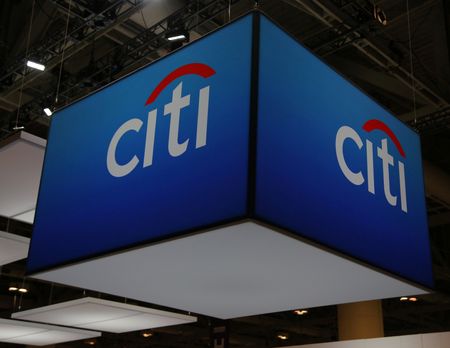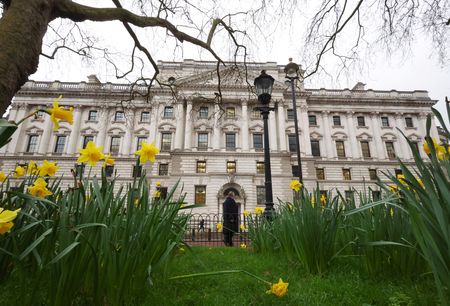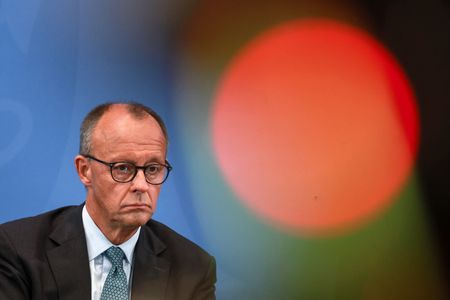By Simon Johnson and Anna Ringstrom
STOCKHOLM (Reuters) -The Swedish government plans to temporarily halve value-added tax on food to 6% in its election-year budget bill to help support households and the wider economy, Prime Minister Ulf Kristersson said on Thursday.
Despite a series of interest rate cuts, growth has stalled this year due to uncertainty over the impacts of U.S. President Donald Trump’s erratic tariffs. And the economy is still feeling the after effects of a period of high inflation that followed the COVID-19 pandemic.
Kristersson said during a press conference that this had “created a … drawn out downturn in the economy which, even if it is not as dramatic as we had during the financial crisis of 2008-2009, is in fact worse overall.”
“So the budget will focus very clearly on households’ purchasing power, households’ finances … and on hard working people,” he said.
The right-wing coalition government said last week its 2026 budget bill will include 80 billion Swedish crowns ($8.41 billion) of unfinanced measures – the most expansive budget since the pandemic.
The VAT cut on food will be temporary, lasting between April 2026 and December 2027. Deputy Prime Minister Ebba Busch said the average family would save 6,500 Swedish crowns ($683) a year, while a pensioner couple would save around 4,400 crowns.
To ensure the savings are passed onto consumers, the government will also set up what it called a “food commission” to follow price developments, though it did not say what measures it could take if prices do not come down.
“We are going to be watching the big food retailers,” Busch said.
Sweden’s retail food market is dominated by a small number of supermarket chains, and the government has expressed concerns in the past over a lack of competition.
In March, Finance Minister Elisabeth Svantesson called in supermarket bosses for talks over rising food prices.
The government has already said it will hike the housing allowance for low-income families at a cost of 655 million crowns in the budget, which analysts also expect to include income and corporate tax cuts among other measures.
Public spending is set to surge in the coming years as Sweden boosts military spending to meet its NATO commitments and shifts the economy away from a dependence upon fossil fuels.
Government debt is expected to rise, but public finances will remain among the strongest in the European Union. Sweden has government debt of around 32% of gross domestic product, compared to an EU average of roughly 90%.
The government, which expects 0.9% GDP growth this year and 3.0% in 2026, will submit the budget bill to parliament on September 22.
($1 = 9.5157 Swedish crowns)
(Reporting by Anna Ringstrom and Simon Johnson; Editing by Stine Jacobsen and Joe Bavier)











